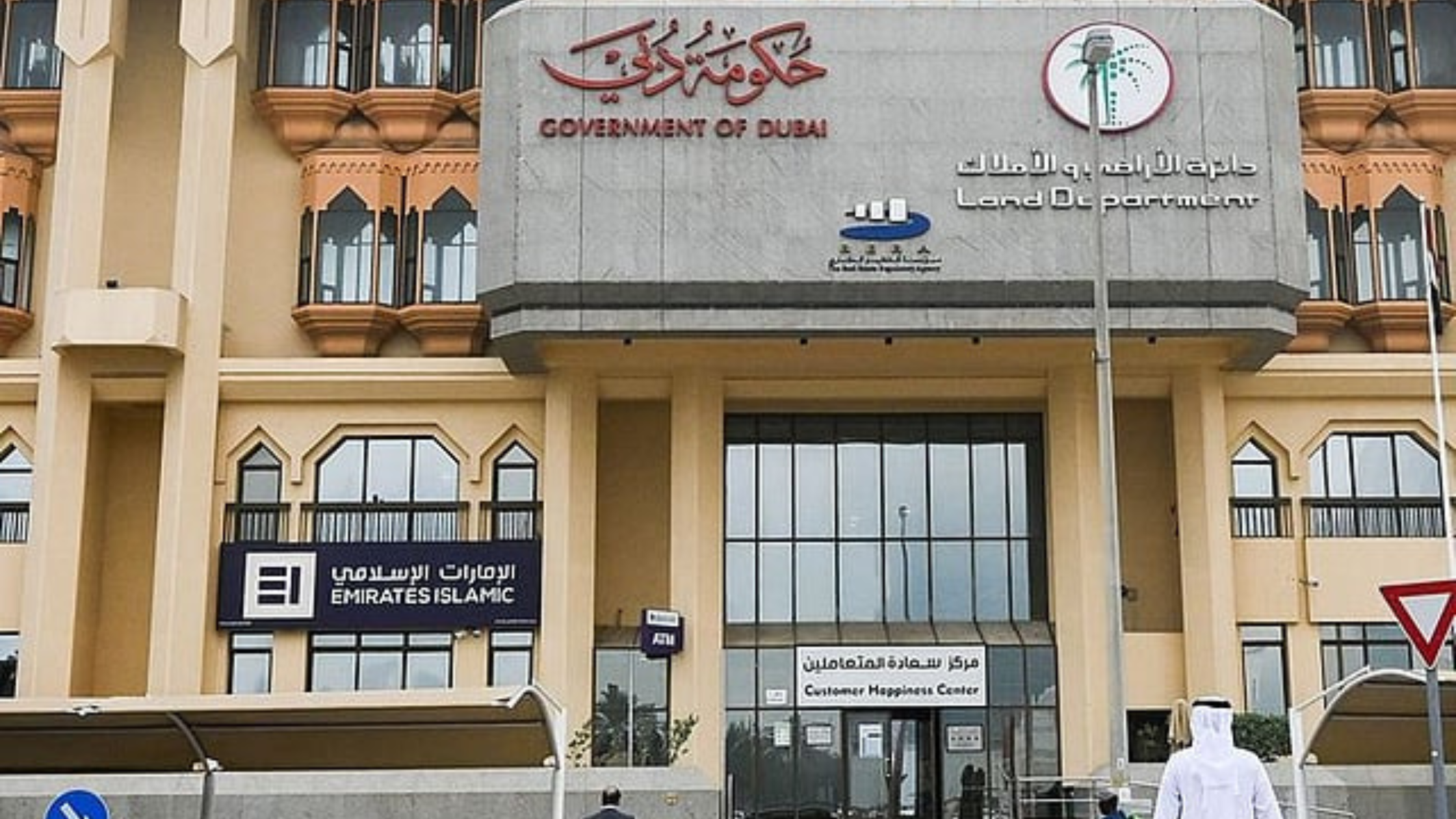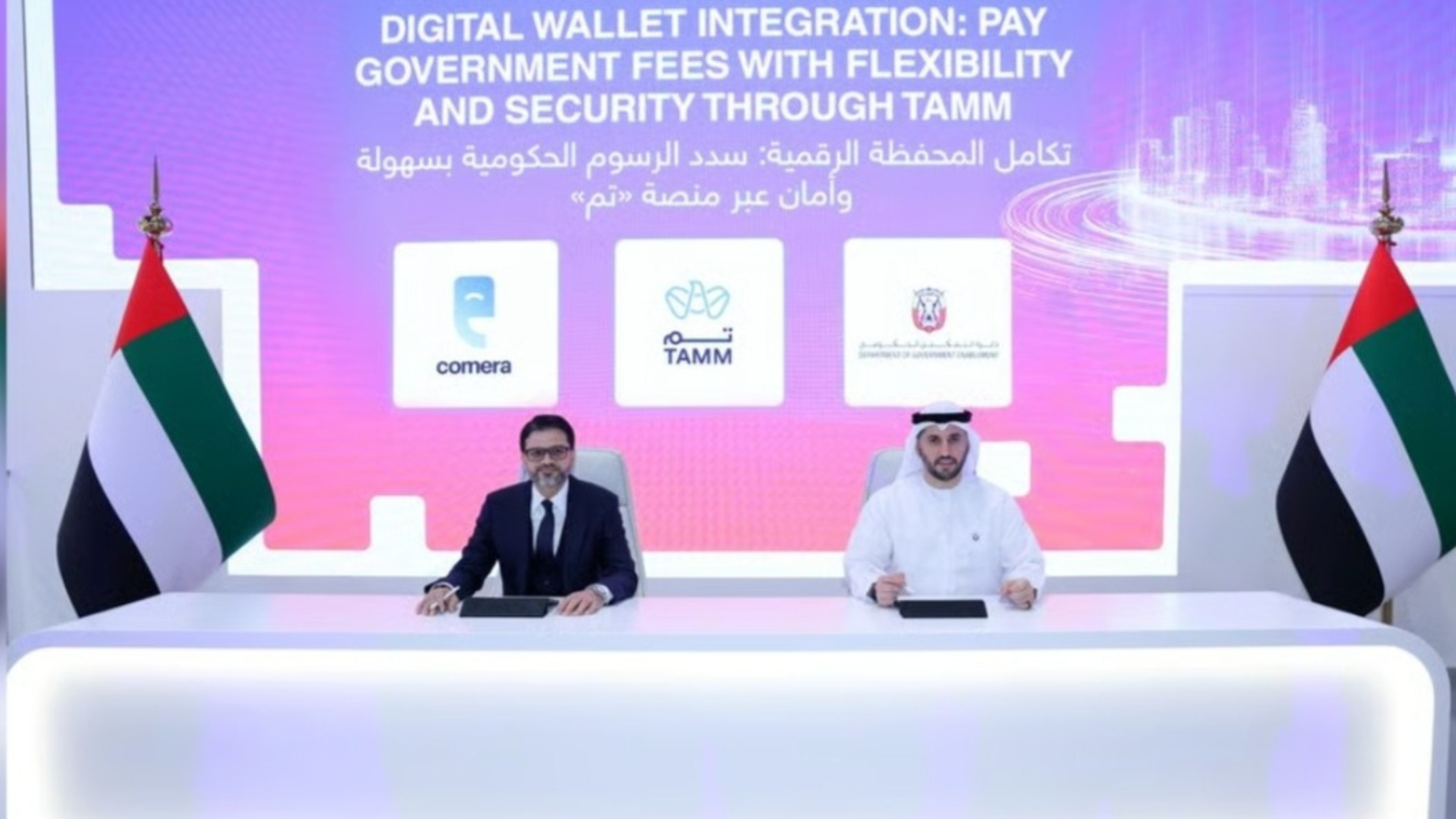Saudi Arabia is moving ahead with an unprecedented reform that could reshape how both citizens and expatriates plan for their financial future. The International Monetary Fund (IMF), in its latest Article IV consultation report, revealed that the Kingdom is preparing to roll out a voluntary pension and savings programme that, for the first time, will include foreign workers alongside Saudi nationals.
The programme, to be known as the Public Pension and Savings Programme, is not just a financial reform. It is a carefully designed move aimed at strengthening household savings, building long-term financial security, and reducing the significant outflow of remittances that leave the country each year. With expatriates representing nearly three-quarters of the workforce in Saudi Arabia, the plan is poised to leave a transformative impact on the Kingdom’s economy and its people.
A Historic Shift: Welcoming Expatriates into the Fold
Social safety nets in Saudi Arabia have historically centered around citizens. Expatriates, despite forming the majority of the labor force, were often excluded from structured retirement or long-term savings opportunities. This exclusion meant that foreign workers earned, saved informally, and then remitted most of their income abroad.
Now, the upcoming Public Pension and Savings Programme is set to break that cycle by extending participation to expatriates. According to the IMF report, Saudi Arabia’s social insurance system counted 12.8 million subscribers in the first quarter of 2025, with nearly 77 percent being expatriates. That’s almost 10 million foreign workers—a demographic too significant to ignore.
By opening the doors of the pension system to expatriates, the Kingdom is making a progressive and inclusive move. It recognizes the enormous contribution that foreign workers make to its economy and provides them with a real stake in its future.
Stemming the Tide: Addressing the Scale of Remittances
Saudi Arabia consistently ranks among the world’s top remittance-sending countries. In 2024 alone, foreign workers remitted SR 144.2 billion (USD 38.4 billion) to their home countries, marking a sharp 14 percent increase compared to 2023. Over the past decade, these outflows have added up to a staggering SR 1.43 trillion.
This level of outward remittance represents a major economic leakage. While remittances support families and communities abroad, they also drain potential investment capital from the domestic economy. The new savings programme seeks to reverse this trend. By giving expatriates structured savings and investment opportunities inside the Kingdom, the government hopes to retain more wealth locally.
This initiative benefits both sides. Expatriates will gain a secure mechanism to grow their savings and plan for the future, while the Saudi economy will strengthen domestic liquidity, support capital markets, and reduce dependence on foreign capital inflows.
Pension Reform as a Precursor
The launch of the new savings programme is built on recent reforms to the pension system that were approved in July 2024. These reforms were designed to strengthen the long-term financial sustainability of Saudi Arabia’s social insurance framework. Key measures included:
- Raising the retirement age to ensure longer contribution periods.
- Extending the length of contribution periods required before drawing benefits.
- Increasing contribution rates from employees and employers.
- Narrowing certain benefits to better align costs with revenues.
The IMF noted that these reforms may not yield immediate fiscal savings but will ensure the long-term sustainability of the pension system. The upcoming voluntary savings programme builds on this foundation, expanding participation to expatriates while encouraging broader national financial responsibility.
Financial Clout: GOSI’s Assets and Transparency Imperative
Central to this programme is the General Organization for Social Insurance (GOSI), the institution that manages Saudi Arabia’s pension system. GOSI’s financial power is immense, with assets valued at around 32 percent of the Kingdom’s GDP. This makes it one of the most significant institutional investors in the Middle East.
However, the IMF has underlined the importance of greater financial transparency and clearer rules for investment allocation within GOSI. As the pension and savings programme expands to include expatriates, the need for trust, accountability, and robust governance becomes even more critical.
Clear reporting, transparent fund management, and defined investment strategies will not only safeguard the system’s integrity but also encourage foreign workers to contribute with confidence. Trust will be the cornerstone of participation.
Aligning with Vision 2030 and Broader Economic Goals
Saudi Arabia’s Vision 2030 is the guiding framework for its economic diversification and social reforms. A central pillar of Vision 2030 is the reduction of reliance on oil revenues and the promotion of sustainable, inclusive economic growth.
The new pension and savings scheme is a perfect reflection of these objectives. By encouraging both Saudi citizens and expatriates to save and invest locally, the programme helps:
- Boost domestic capital formation.
- Strengthen financial markets.
- Create a more inclusive society where expatriates share in long-term wealth creation.
Moreover, the initiative adds depth to the Kingdom’s financial sector. Pension savings and long-term investments can become a powerful driver for infrastructure projects, real estate developments, and private sector growth—all key priorities under Vision 2030.
Anticipated Roll-Out and Programme Design
Though the official announcement is expected soon, many details of the Public Pension and Savings Programme remain under wraps. These include the exact contribution rates, caps, eligibility criteria, withdrawal terms, and employer participation requirements.
Given Saudi Arabia’s rapid digital transformation, it is widely expected that the scheme will be accessible via mobile platforms and online systems. This will be especially beneficial for expatriates, many of whom manage their finances digitally.
For the programme to succeed, clarity and accessibility are essential. That means providing multilingual support, offering easy registration, ensuring transparent rules on contributions and withdrawals, and aligning the scheme with the employment contracts of expatriate workers.
Projected Benefits and Long-Term Impact
The advantages of the new pension and savings programme are significant and widespread.
For Expatriates:
- Secure savings for retirement or future investments.
- A chance to grow wealth locally, rather than sending all earnings abroad.
- Greater financial inclusion within Saudi Arabia’s economic system.
For the Saudi Economy:
- Reduced remittance outflow, keeping more money within the Kingdom.
- Enhanced liquidity for domestic investment and development.
- Strengthening of capital markets with long-term institutional funds.
For GOSI:
- An expanded contribution base to grow assets further.
- Increased financial influence and investment capacity.
- Greater institutional legitimacy by serving both nationals and expatriates.
For the Government:
- Progress toward Vision 2030 goals of diversification and inclusion.
- A stronger, more resilient fiscal and financial framework.
- Improved global standing as a forward-thinking, inclusive economy.








